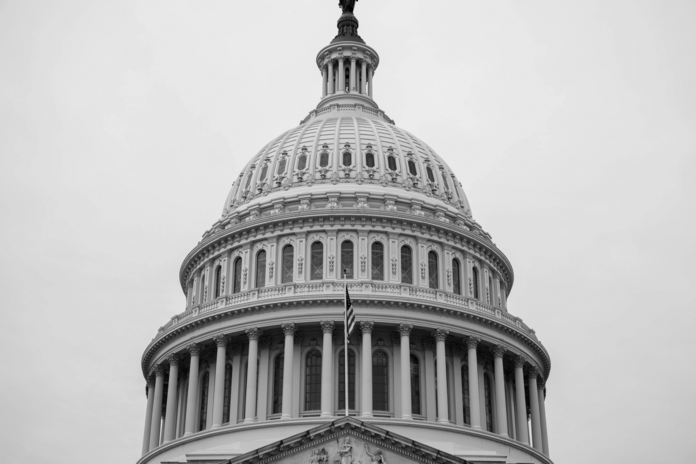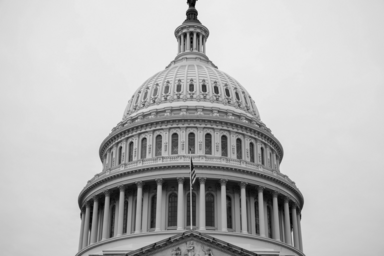As the Democrats currently hold majority over the United States House of Representatives, the 2020 census may warrant otherwise. With every new decade, all 50 states redraw their districts to accommodate for their changing populations and demographics. An updated national census and newly redrawn districts have a direct effect on how many representatives from each state are granted seats in the House. Those who are tasked with overseeing the redistricting are state legislatures; the partisan politicians either do the redrawing themselves or leave it to a bipartisan commission. Decennial redistricting has become a powerful political tool in which the district lines are manipulated to favor one party over the other. When partisan favoritism is intertwined with the democratic process of redistricting, partisan gerrymandering occurs; its consequences can be detrimental to the success and representation of the political parties. The 2020 census, specifically, allows Republicans to just about gain back majority over the House. How could they possibly do so when the election is long over? Partisan gerrymandering.
The U.S. is still experiencing ramifications from the 2010 census; therefore, we can only imagine what the 2020 census has in store for us. According to the Center for American Progress, gerrymandering, or unfairly drawing districts for political gain, has shifted 59 seats in the House of Representatives during the 2012, 2014 and 2016 elections. That means 59 politicians obtained seats in the U.S. Congress without being elected by citizens in their respective states. 59 representatives are greater than the number of representatives for 22 small states combined. California, the most densely populated state, has 53 representatives in comparison. When put into perspective, 59 seats can make quite an impact. This instance of gerrymandering reversed the 2012-2016 election outcomes in 22 states. When the redistricting process is conducted by a partisan group of politicians, the candidates of their party get a leg up.
Pod Save America claims that redistricting will determine American politics for the next ten years. They explain that if a state government is entirely controlled by Republicans, then those Republicans “get to essentially pick their voters by drawing districts that are favorable to” the Republican party. The same thing can be done by Democrats in an entirely Democrat-controlled state government. When independents and bipartisan commissions govern the redistricting, the districts are of a more equal distribution that does not favor one overall. Why is partisan gerrymandering a pressing issue now? As redistricting occurs this year with new census data, Republicans have the opportunity to take control of the House; they would only need six new seats to do it. All they have to do is draw new maps in their favor, and the House majority shifts in their favor in 2022. Pod Save America explains that in the states that allow partisan redistricting, 188 of those lines are determined by Republicans and 73 by Democrats. With this, Republicans have significantly more power and the ability to gain a majority through gerrymandering alone. If this shift were to occur, Republican-controlled states such a Florida, Texas and Georgia could gain seats. The Democrat-controlled states would find themselves unable to defend their seats as many of the major Democratic states conduct their redistricting through bipartisan commissions that intentionally avoid favoring one side of the other. These states include California, Colorado, Virginia and Washington.

The practice of gerrymandering convinces American citizens that their votes do not matter as people can ascend a House seat without being fairly elected. While our little voting stickers represent our vote, the politician that takes a seat for your district may not. The currently inflamed tensions between the Democrat and Republican parties make this potential change of majority significantly more impactful; this can easily alter the course of American politics. This shift of partisan power halfway through President Biden’s term can be disastrous for the success of his agenda. The only solution: embracing the beauty of bipartisanship.
Want to see more HCFSU? Be sure to like us on Facebook and follow us on Instagram, Twitter, TikTok, Youtube and Pinterest!



